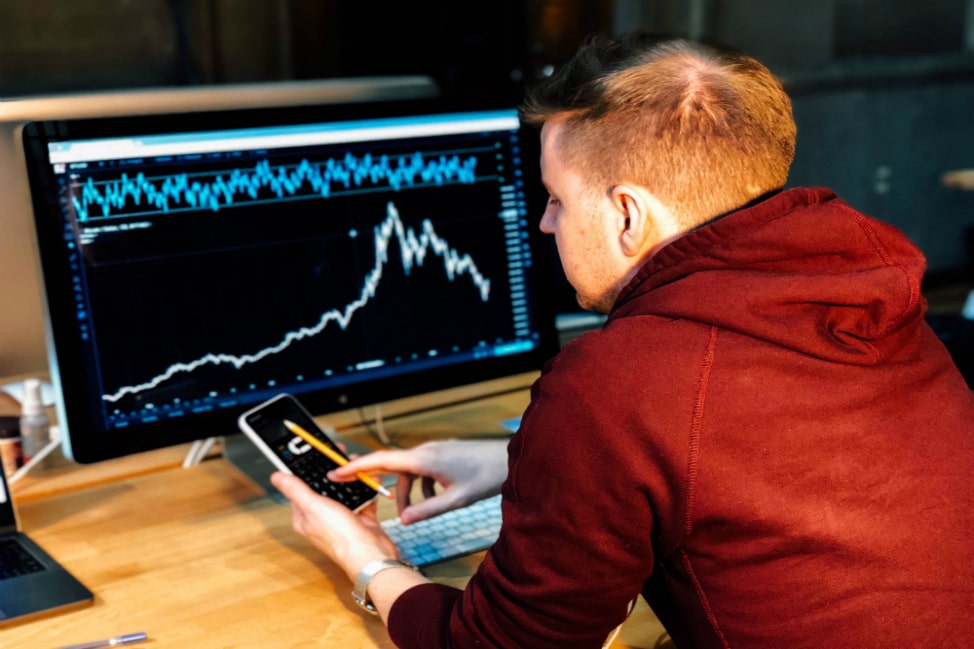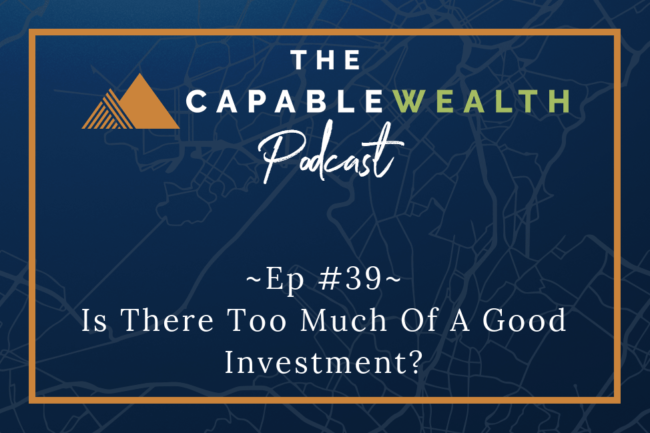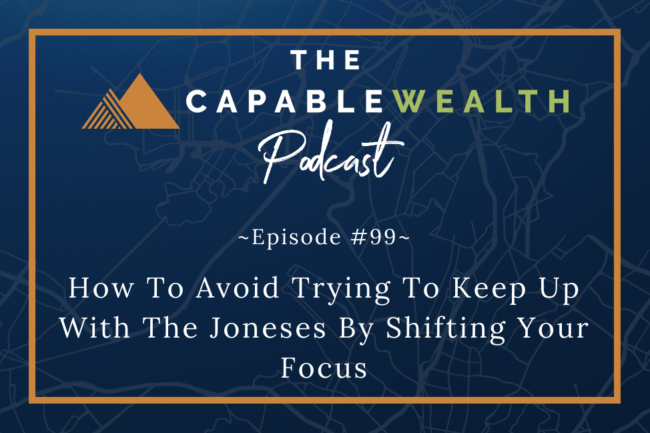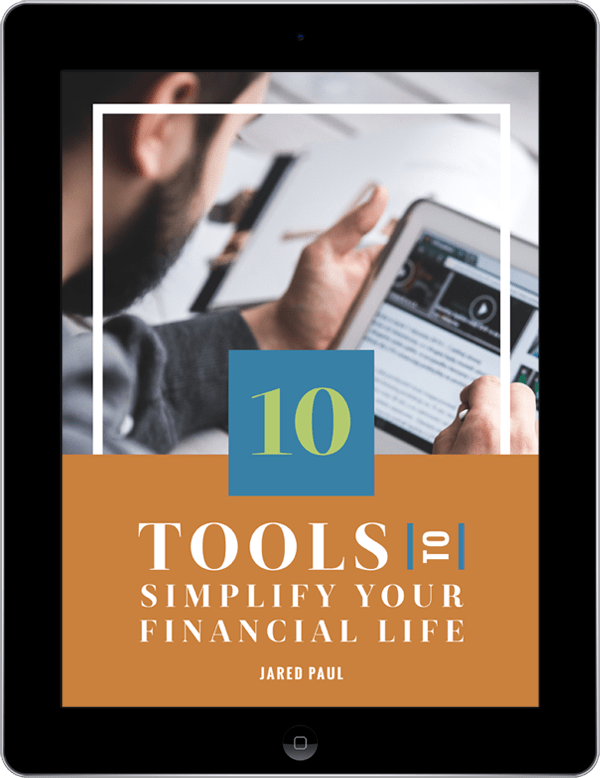No personal finance discussion is complete without some mention of investing. And it seems that no discussion about investing is complete without touching upon the active versus passive debate.
If you aren’t familiar with those terms, I’ll give you the quick breakdown.
ACTIVE VS. PASSIVE
Active management is the category of investing where investment managers will make decisions in hopes of beating a particular benchmark. For example, if you are investing in a broad-range stock fund, it might be trying to outperform the overall stock market.
Passive management is the category of investing where individuals will take a diversified sample of an entire market, and try to mimic the returns of a particular benchmark.
It boils down to trying to either match the benchmark, or beat it.
PICKING A WINNER
If you get two people on either side of the fence in this debate, you’ll get a lively discussion.
But I’ve always been one to follow the facts, and try to avoid opinions on a topic like this.
The statistics show that the majority of active managers underperform their benchmarks, and that doesn’t even factor in the high fees they are charging that amplify the negative result on a client portfolio.
In a study performed by S&P Dow Jones Indices, they found that 98.9% of US Equity mutual funds underperformed over the past 10 years (end of 2015). They also found that 97% of emerging market funds and 97.8% of global equity funds underperformed.
This means you have less than a 2% chance of picking a fund that actually meets its objectives of outperforming its benchmark.
CHANGING OF THE GUARD
And another problem is that the percentage of funds that do outperform don’t consistently stay the same.
Morningstar is a company that provides research and ratings on different investments. It’s a widely-used tool by investors hoping to find the correct investment for their money.
Morningstar uses a 5-star rating system for mutual funds, with the top-performing funds earning 5-stars, and the lowest earning 1-star.
Intuitively, you’d think that it be a safe choice to pick 5-star rated funds. Not so fast…
Many studies have found that a large majority of the 5-star rated funds end up falling in subsequent years, and lose their status as top-performers.
In one particular study, the Wall Street Journal found that only 10% of funds rated 5-stars maintain that status over the subsequent 5 years.
This means that even if you were lucky enough to pick the correct managers over the past, they aren’t likely to remain top-performers moving forward.
CONTRADICTIONS
Now, even with having said all of that, I’m going to say something that might make you scratch your head.
I still think active management can win!
Yes, I know, you’re asking yourself if I even paid attention to the last few paragraphs I wrote.
Answer: Yes!
It’s simple math and logic. An index or benchmark is the average of a composite of stocks, so there will be some stocks that fall above the average, and some that fall below the average. It is an average, after all.
Simply put, if an active manager picks the majority of their stocks from the pool of investments that fell above the average, they will outperform.
The problem is, how many did they pick, and by how much did they outperform? And was that outperformance even able to offset the increased fees they charged to the client? (Fees are a whole different topic we’ll dive into in an upcoming article.)
That’s a lot of questions to answer, and hurdles to overcome.
STAYING THE COURSE
On top of trying to pick the right investment, there is the problem of making it through the tough times, even if you have the “right” investment.
Peter Lynch is a famous investor who managed the Fidelity Magellan fund. During his time managing the fund, he put together one of the best track records anyone has had over that long a period.
From Wikipedia: “in 1977 until 1990, the Magellan fund averaged a 29.2% annual return and as of 2003 had the best 20-year return of any mutual fund ever.”
In just the first 13 years of his management, from 1977-1990, f you had invested $10,000 and left it invested, it would have turned into almost $280,000 in just those 13 years.
Here’s the problem – over this 13-year period of amazing performance, the average investor in the Magellan fund lost money. You read that right, they LOST money!
But why?
Human beings make decisions every day, and a lot of those decisions are driven by emotion.
In the world of investing, making decisions based on emotion is a recipe for disaster.
AGAINST THE HERD
What we see in investing is that time and again, investors will pull their money out of investments when the stock market is declining, and put money in when the stock market is increasing. (Should You Be Hoping For The Stock Market To Drop?)
This is because people get scared when the market is going down, and they think it will continue to decline, causing them to lose more money. So, they pull money out and lock in their losses.
Then, when the market is going up, they put money in at higher prices. And they continue to add more and more in at ever-higher prices.
If the key to success in investing is “buy low, sell high,” we are finding that the average investor does the exact opposite – “Buy high, sell low.”
WHERE TO FOCUS
At the end of the day, I’m not trying to say that it’s impossible to beat a benchmark. My point is that you could be spending your time focusing on areas that you can have real control over, like budgeting, cash-flow analysis, debt management, salary negotiation and a slew of other areas that CAN and WILL have a meaningful impact on your wealth accumulation.
I hear time after time about advisors or managers that have some great screening process for how they pick active managers. But the numbers show that the majority of them are getting it wrong. The odds are against you. And even if you pick todays winners, they are likely to be tomorrow’s losers.
So, my recommendation: Focus your efforts on the areas you are likely to have the biggest impact.
For your investment accounts – use low-cost, passive management.
Make sure you diversify, use proper asset allocation, Dollar-Cost-Average, and for the love of everything sacred, don’t check your accounts on a daily basis and try to “trade” them.
SET. IT. AND. FORGET. IT!
Ok, don’t forget it, but have some patience.
Capably Yours,
















